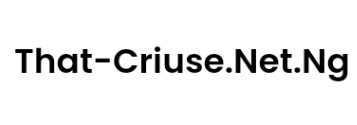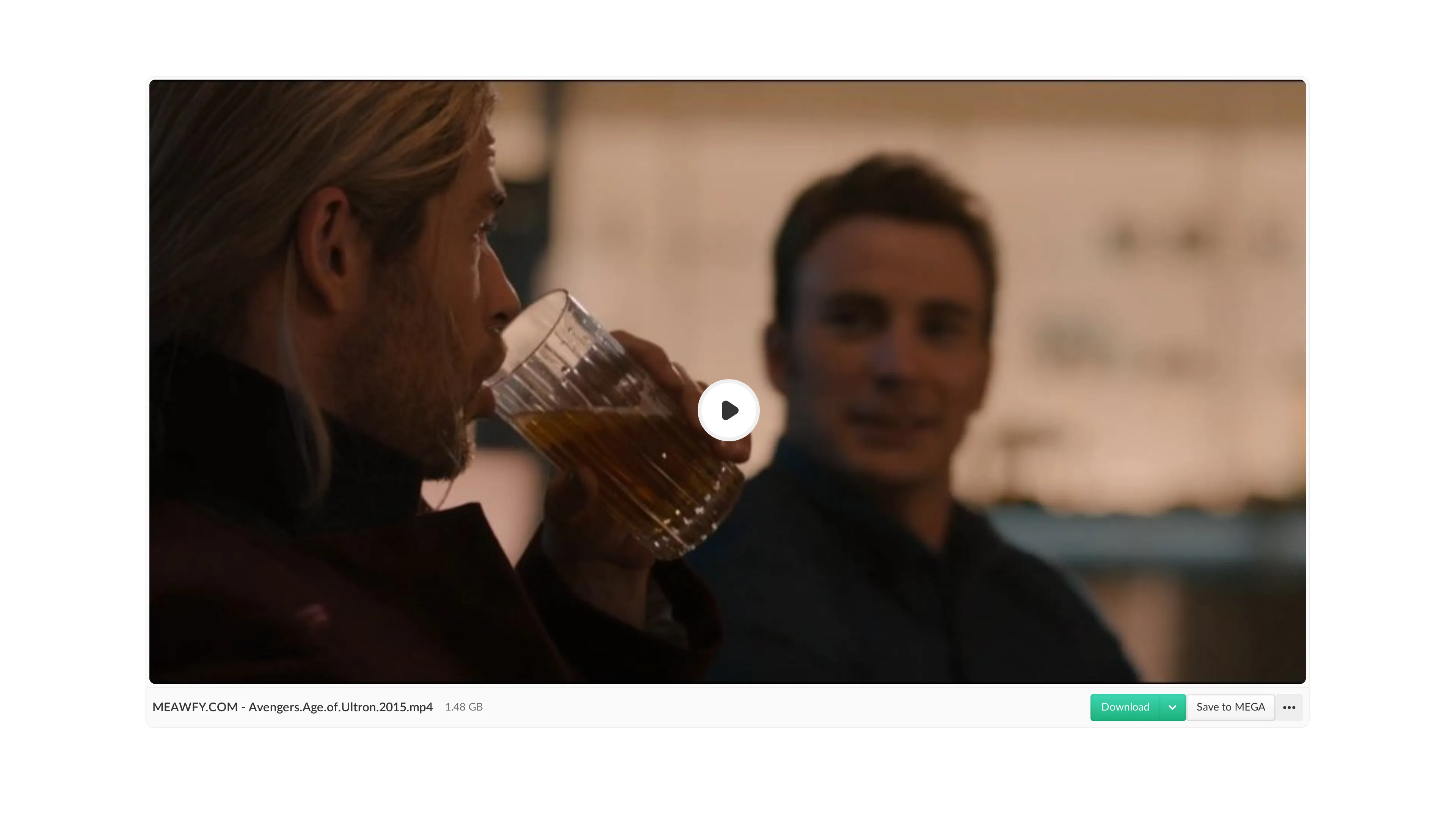Businesses opt for unconventional debts as interest rate nears 35%
Rising Interest Rates
• Convertible, inter-company loans on
increase
• Six firms raise N364b from capital
market in five years
• High cost of borrowing weighing on
real sector, operators warn
• Stockbrokers task incoming
administration on cost of borrowing,
inflation
• SMEs in limbo, pay as much as 32%
on commercial loans
Whereas the Central Bank of Nigeria (CBN) pegs the maximum lending rate at 28.08 per cent as of the end of March, The Guardian learnt that some small and medium-scale enterprises (SMEs) pay as much as 33 per cent as interest on commercial loans. For microfinance banks (MFBs), which price their loans at monthly interest, the cost is much higher. The going monthly interest rate at the micro lenders level ranges from two to five per cent.
In the past five years, ABC Transport Plc, Ardova, Dangote Cement Plc, Dangote Group, Family Homes Funds Limited (FHFL) and Lagos Free Zone Company (LFZC) have raked in a whopping N364.1 billion from the capital market.
Data from the Nigerian Exchange Limited (NGX) revealed that the firms raised bonds valued at N364.1 billion over the last five years (from 2018 to 2022). In the same period, the Federal Government raised N2.5 trillion ($5.25 million) bonds in the debt market.
FMDQ Securities Exchange data also disclosed that 65 corporate organisations have raised commercial papers (CPs), while 42 others issued bonds on its platform. The Guardian learnt that corporate entities have also adopted the convertible debt method of borrowing, an early-stage investors’ means of loan acquisition, where a company borrows money from investors and both parties agree that the borrowed funds will either be repaid with cash or equity.
Convertible debt notes were introduced to enable startups without a valuation to raise capital quickly and in a less expensive manner as a feasible alternative to obtaining bank loans. But corporates, seeking to survive the current harsh operating condition and borrow more cost- effectively, have adopted this method of borrowing specially designed loans for startups to keep afloat until the nation’s macroeconomic conditions improve.
Further investigations revealed that corporates also access inter- company loans presently to survive. This is a form of loan from one entity to another, within the same company.
Inter-company lending offers multiple advantages, such as quickly shifting cash between entities or avoiding bank fees and spreads. A breakdown of the bond issuances from the six firms indicated that ABC Transport Plc floated N1.13 billion rights issue for existing shareholders and subsequently listed 1,127,236,000 ordinary shares of 50 kobo each at N0.35 per share, based on 68 new ordinary shares for every 100 ordinary shares held as at the close of business on November 30, 2021.
Ardova Plc completed the issuance of N25.3 billion series 1 fixed rate senior unsecured bond, issued under its N60 billion debt issuance programme.
The issuance, which was described as the largest local currency bond issuance by an indigenous oil and gas company in the history of the Nigerian debt capital markets, attracted participation from institutional investors, including pension funds and asset managers.
 Africa’s largest cement producer,
Dangote Cement Plc, also announced
the successful issuance of 50 billion
series 1 fixed rate senior unsecured
bonds under the company’s new
N300 billion multi-instrument
issuance programme.
Africa’s largest cement producer,
Dangote Cement Plc, also announced
the successful issuance of 50 billion
series 1 fixed rate senior unsecured
bonds under the company’s new
N300 billion multi-instrument
issuance programme.The bonds were issued on May 26, 2021 at coupon rates of 11.25 per cent, 12.50 per cent and 13.50 per cent for the 3, 5 and 7-year tranches respectively. The proceeds of the bond issuance were deployed for the company’s expansion projects, short-term debt refinancing and working capital requirements.
Dangote Cement Plc also raised N4,269,000,000 five-year 11.85 per cent fixed rate senior unsecured bonds due 2027 under the N300 bond issuance programme. The issuance is in addition to its N23,335,000,000 seven-year 12.35 per cent fixed rate senior unsecured bonds due 2029 under the same programme.
Another corporate, Family Homes Funds Limited (FHFL), through the Family Homes Sukuk Programme, raised N10 billion seven-year 13 per cent Series 1 Ijara Lease Sukuk due in 2028, under its N30 billion Sukuk Issuance Programme. Lagos Free Zone Company (LFZC) also completed issuance of a N25 billion 20-year series II senior guaranteed fixed rate corporate infrastructure bonds due 2042 (LFZBonds) under a N50 billion debt issuance programme.
For the convertible debt, AIICO Insurance had, in 2015, obtained a loan of $7 million from the IFC at an interest rate of 6.5 per cent plus 6- month LIBOR for seven years with a moratorium period of four years on the principal.
 Fidelity Bank Plc announced the
completion of a private placement of
3.03 billion units of its shares this
month.
Chairman of the bank, Mustafa
Chike-Obi, said the board resolved
that the company’s outstanding
3,037,414,308 unissued ordinary
shares of 50 kobo each should be
disposed of by way of a private
placement to strategic investors to
enable the bank to generate
additional capital for continued
growth in line with its objectives.
Fidelity Bank Plc announced the
completion of a private placement of
3.03 billion units of its shares this
month.
Chairman of the bank, Mustafa
Chike-Obi, said the board resolved
that the company’s outstanding
3,037,414,308 unissued ordinary
shares of 50 kobo each should be
disposed of by way of a private
placement to strategic investors to
enable the bank to generate
additional capital for continued
growth in line with its objectives.For the inter-company loan, Nigerian Breweries, at the just- concluded yearly general meeting, received shareholders’ nod to obtain inter-company loan of 110 million euros from Heineken International, which is meant to settle foreign currency-denominated payment obligations of the company. Chairman of the company, Kola Jamodu, while speaking on the loan, stressed that it was necessary to help the company address the challenge of forex and pay off some of its overdue foreign currency- denominated payables.
Reacting to the issue, Head of Equity, Planet Capital, Paul Uzum, said with the development, companies in the real sector of the economy that perpetually depend on borrowed funds will struggle due to high finance costs. Already, many companies in the consumer goods sector that showed strong signs of recovery and massive growth in Q1 and Q2, recorded weak numbers in Q3 and Q4 of 2022. Uzum noted that the cost of issuing CPs and bonds has also increased significantly.
He pointed out that the risk of such debt issuance in an era of high- interest rates is that a few years from now, economic conditions may change with interest rates falling significantly to 2021 levels. According to him, if this happens, companies would have been committed to paying coupon interest at a high interest rate until the debt matures.
He noted that banks are charging exorbitant interest rates because of the increasing cost of doing business and high MPR. According to him, the only survival alternative is for companies to boost their working capital through cheaper financing means.
Adonri argued that equities would have been the best option currently, but noted that the primary market is depressed due to uncompetitive yield, crowding out effect of public borrowing, eroded purchasing power of investors and low foreign investors’ confidence.
He urged the incoming administration to pursue policies that would help improve macroeconomic conditions to reduce the cost of funds and peg interest rates at a single digit.
Chief Executive Officer of Wyoming Securities, Tajudeen Olayinka, said the reactions to the high-interest rate regime from the corporate world are normal.
https://hypesloaded.top/Download-our-apps




.jpg/220px-Elon_Musk_Colorado_2022_(cropped2).jpg?resize=150%2C150&ssl=1)



















![DOWNLOAD MOVIE:- The Buckingham Murders (2024) [Indian]
Kareena Kapoor Khan &
Ranveer Brar,
Keith Allen, Ash Tandon](https://i0.wp.com/www.net9ja.com.ng/wp-content/uploads/2024/11/The-Buckingham-Murders-2024.webp?resize=678%2C1017&ssl=1)